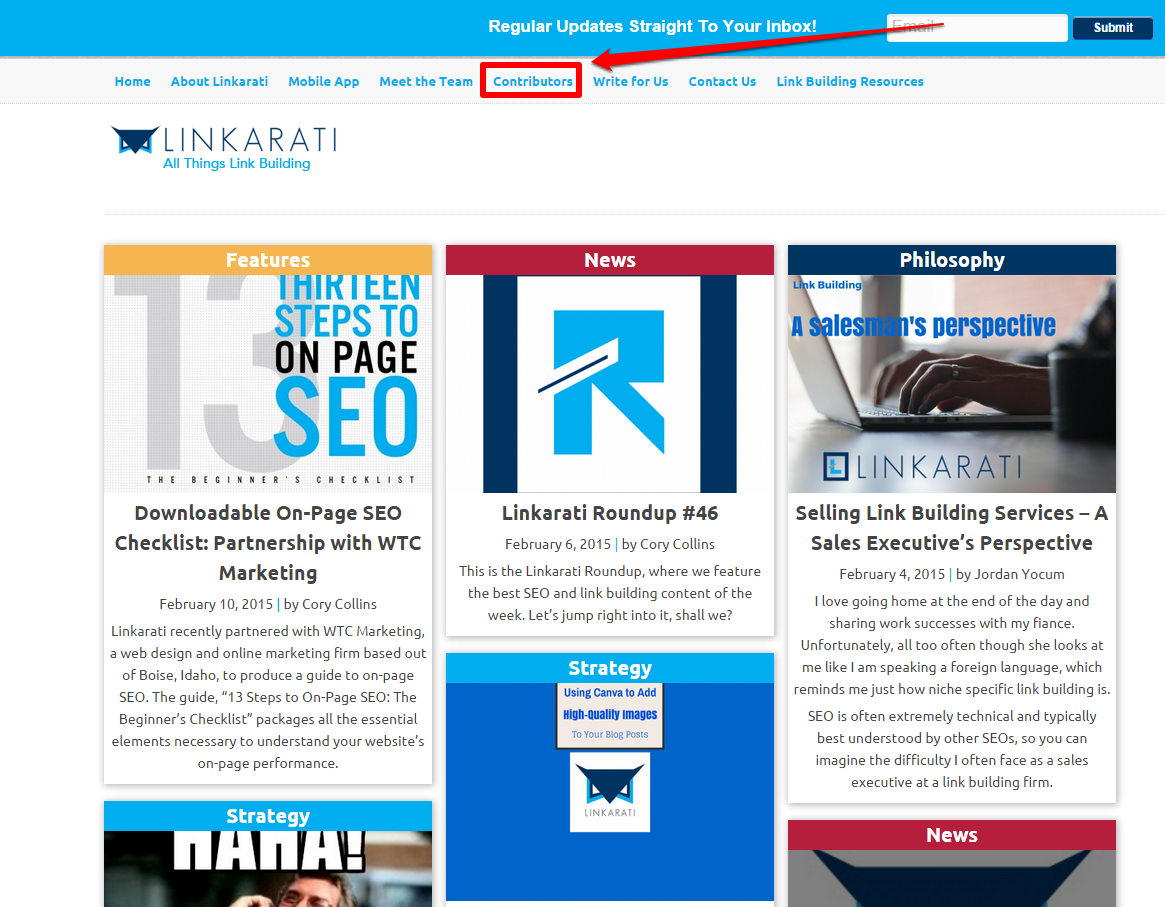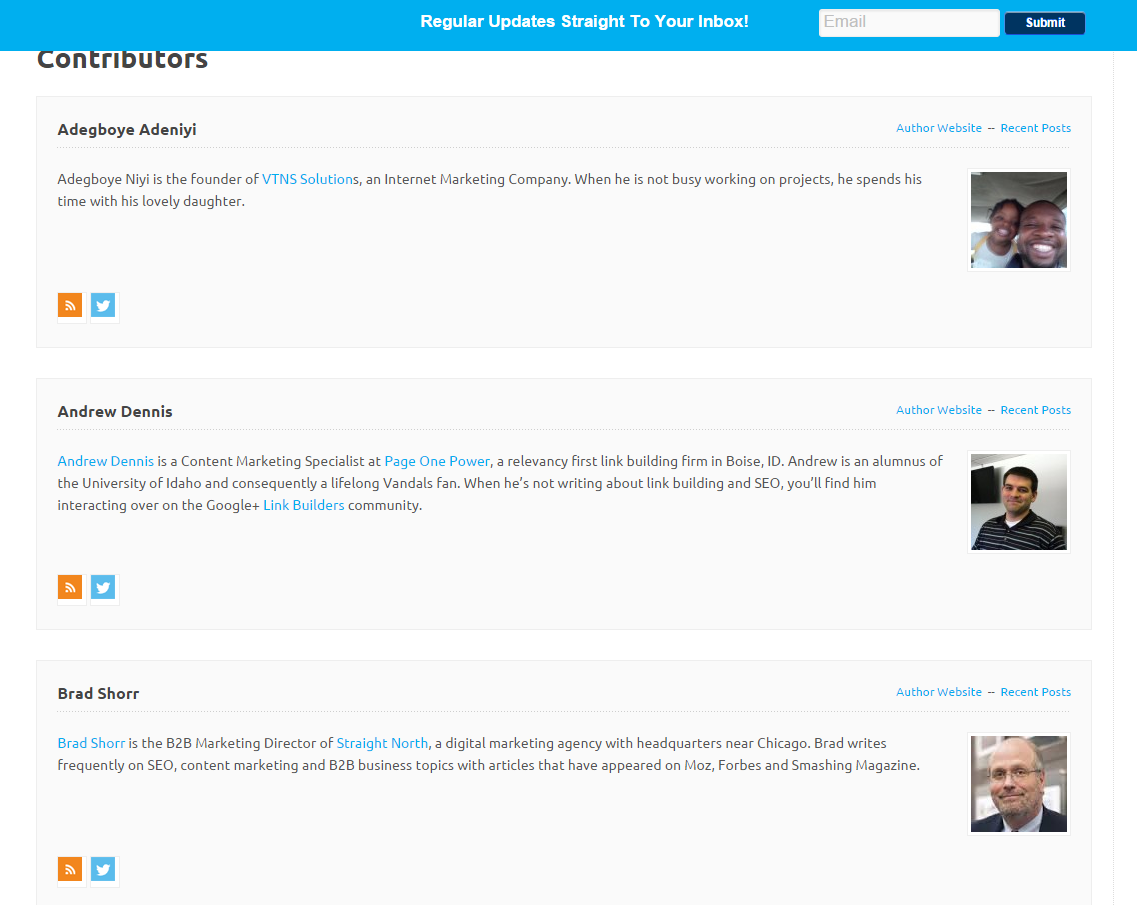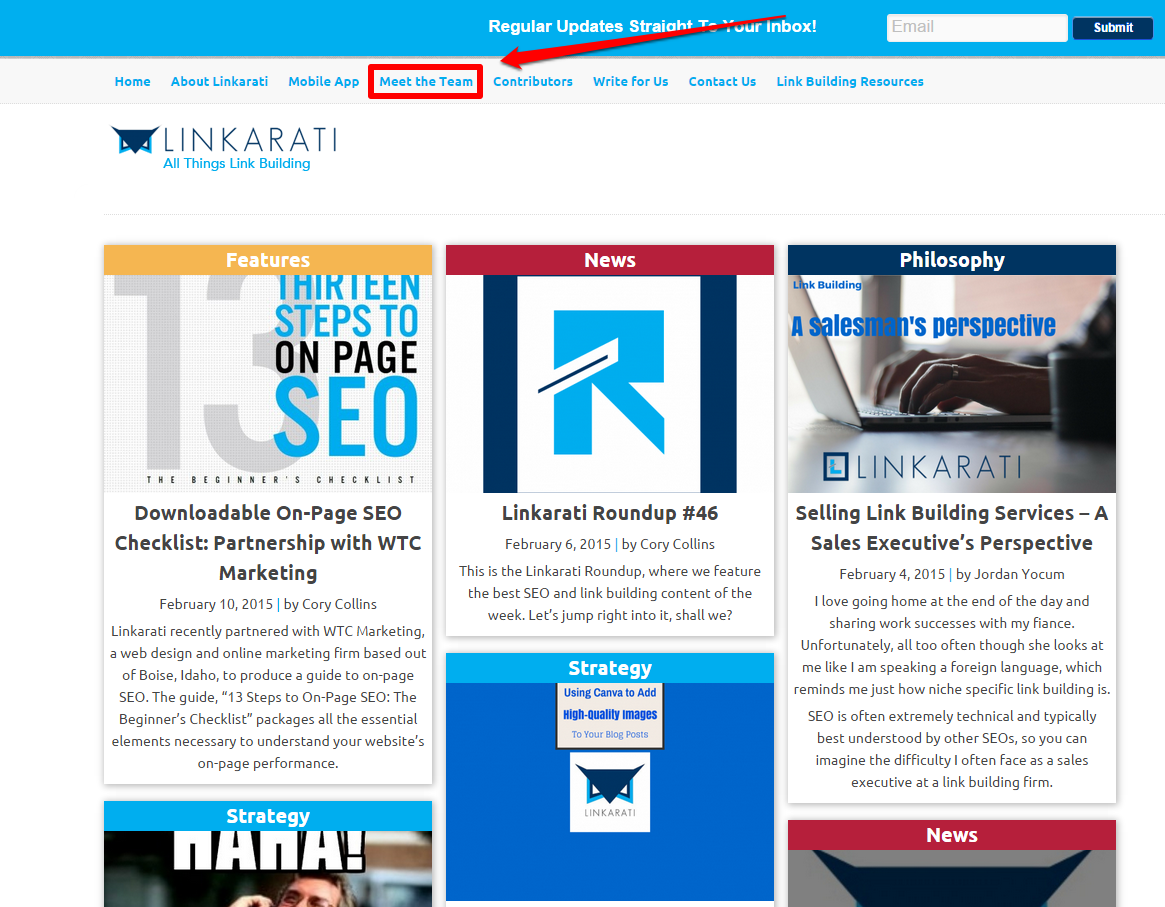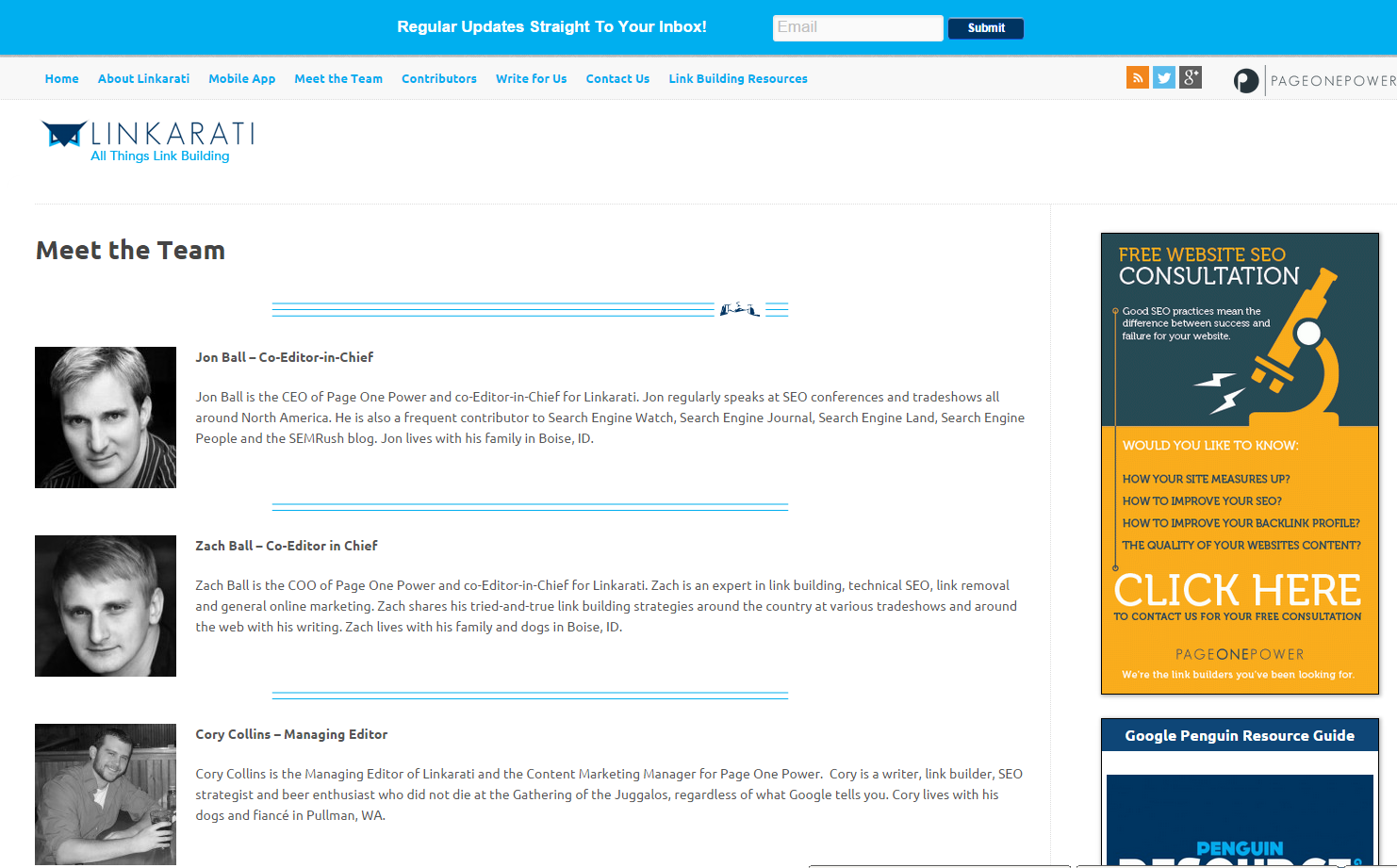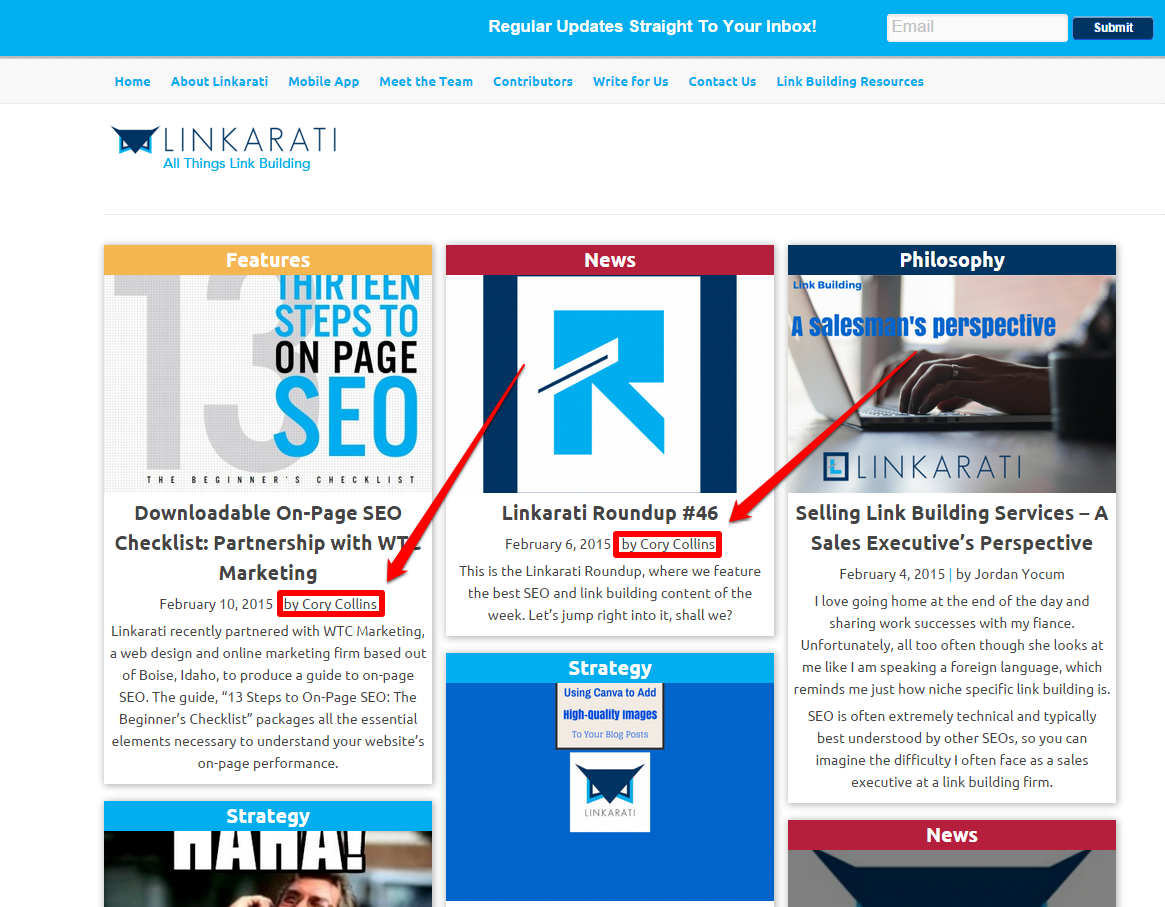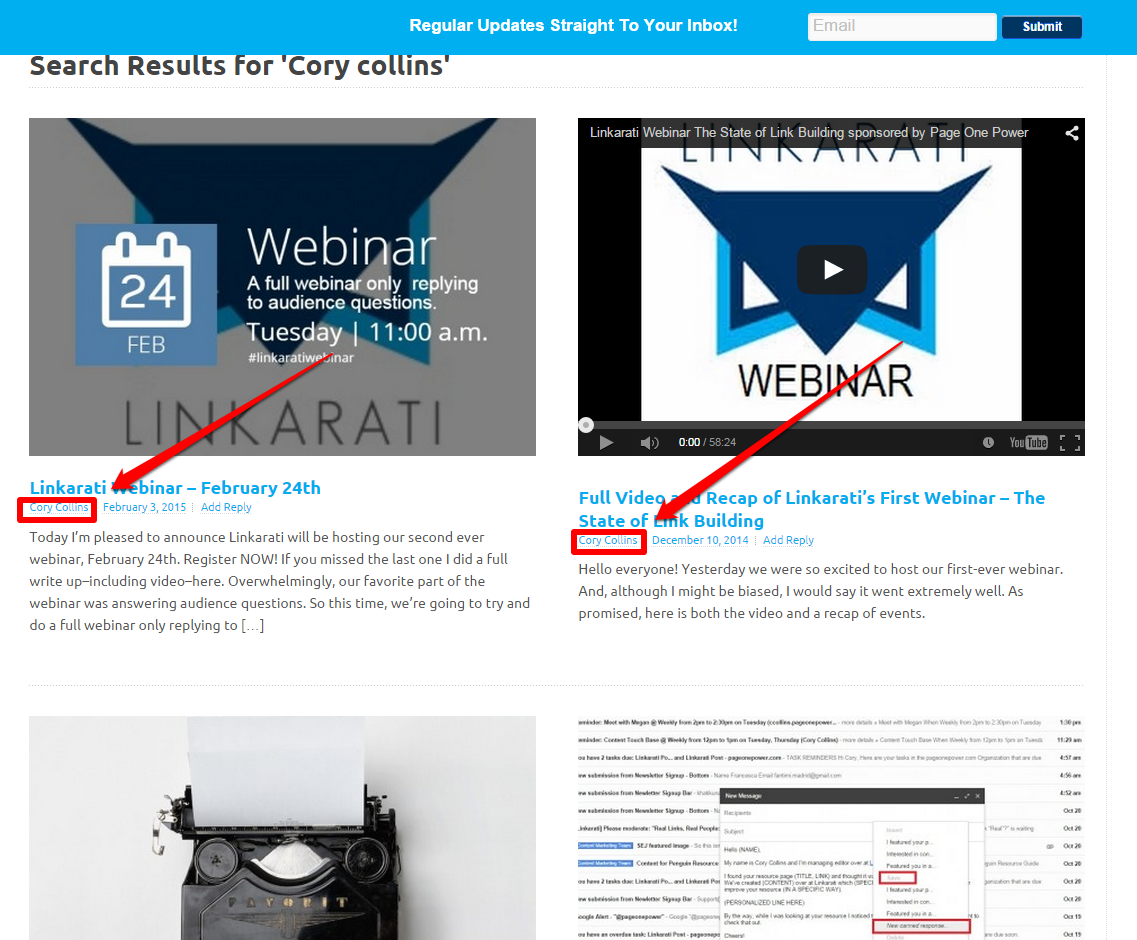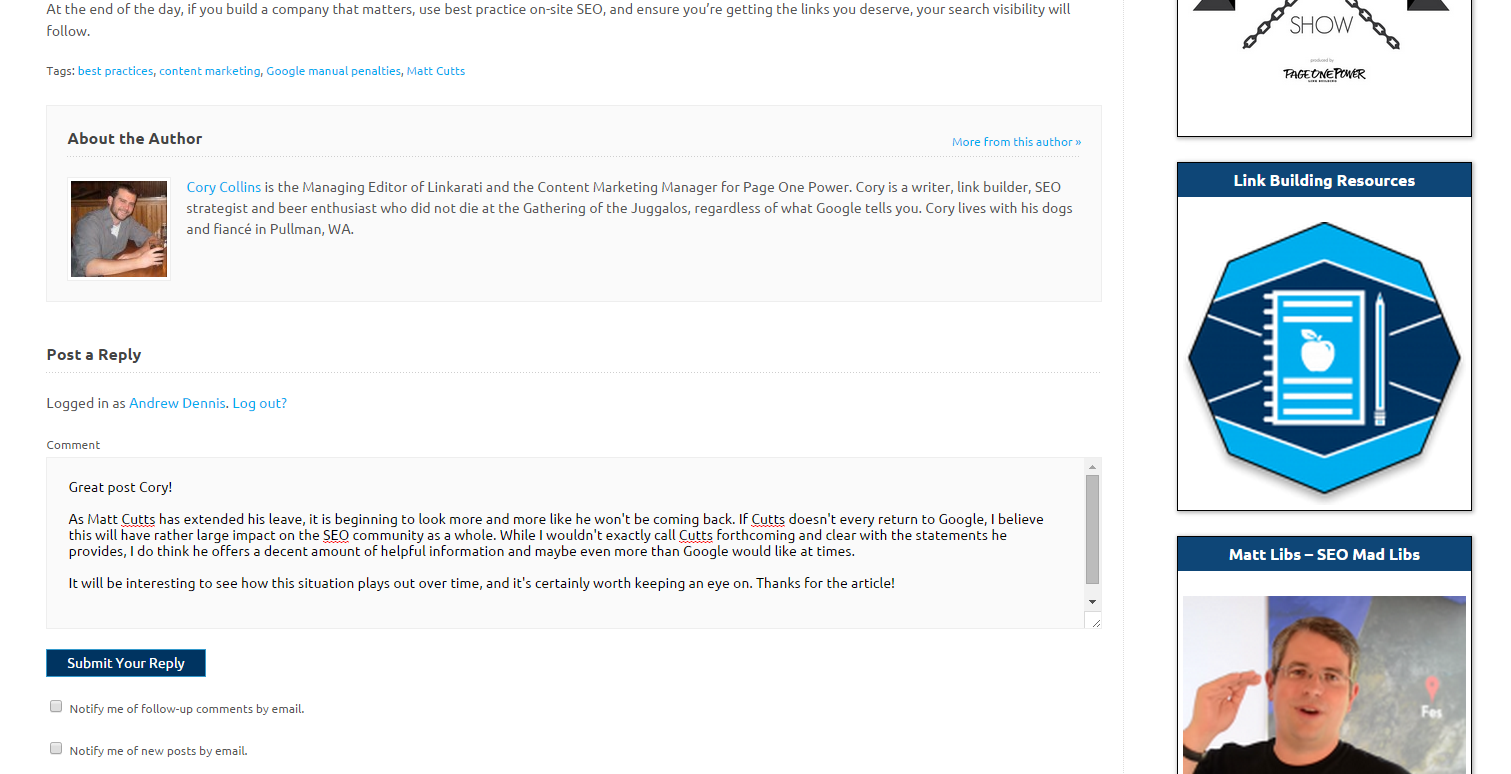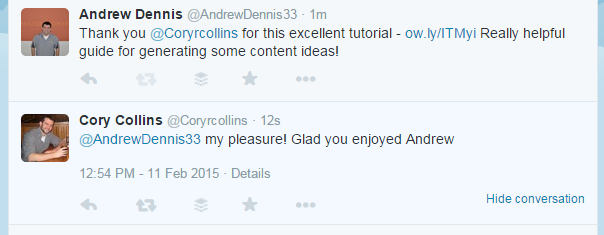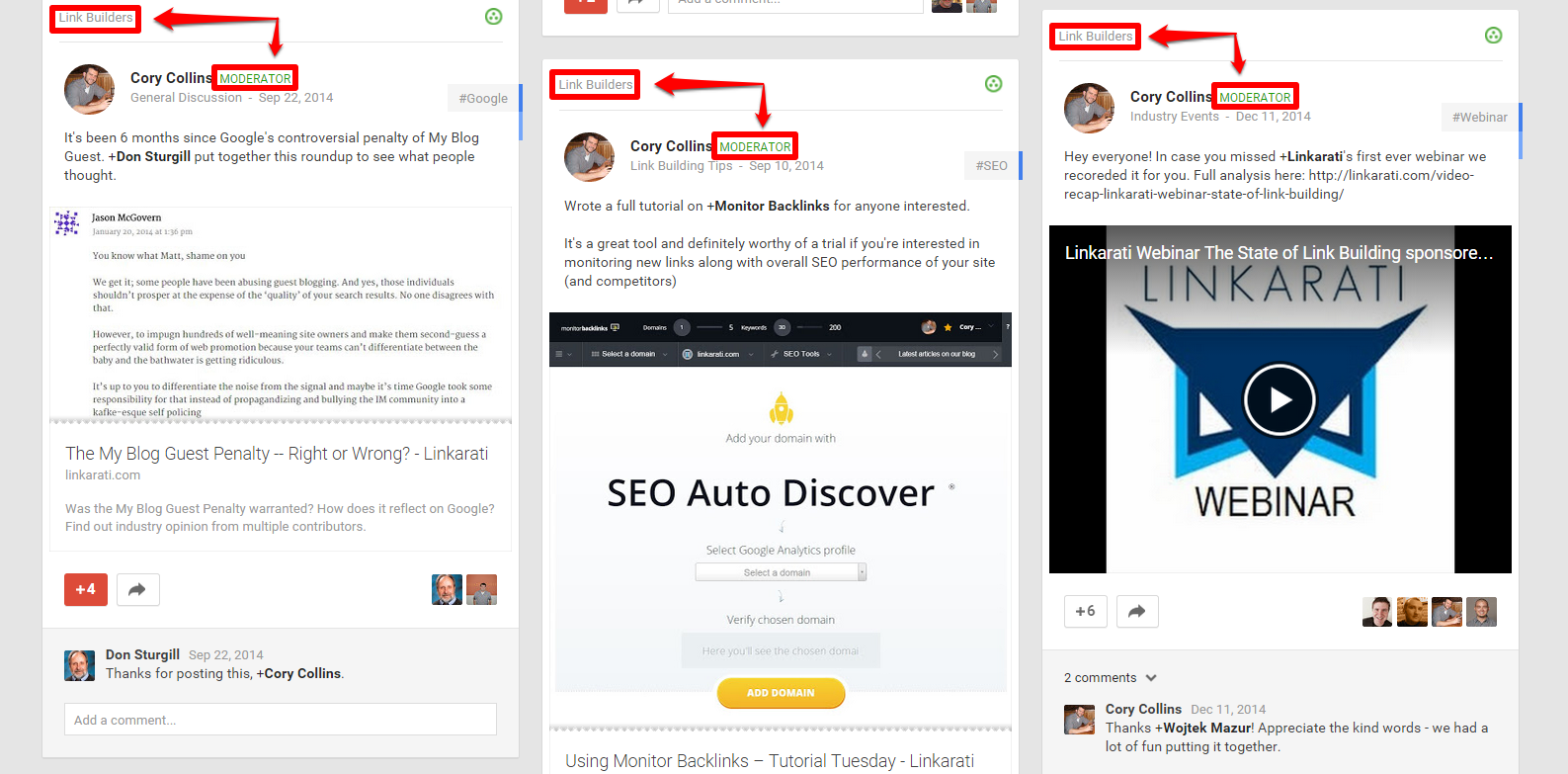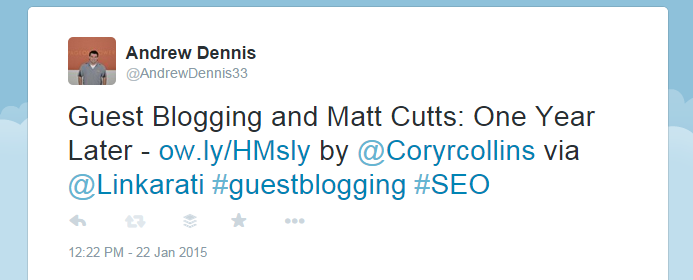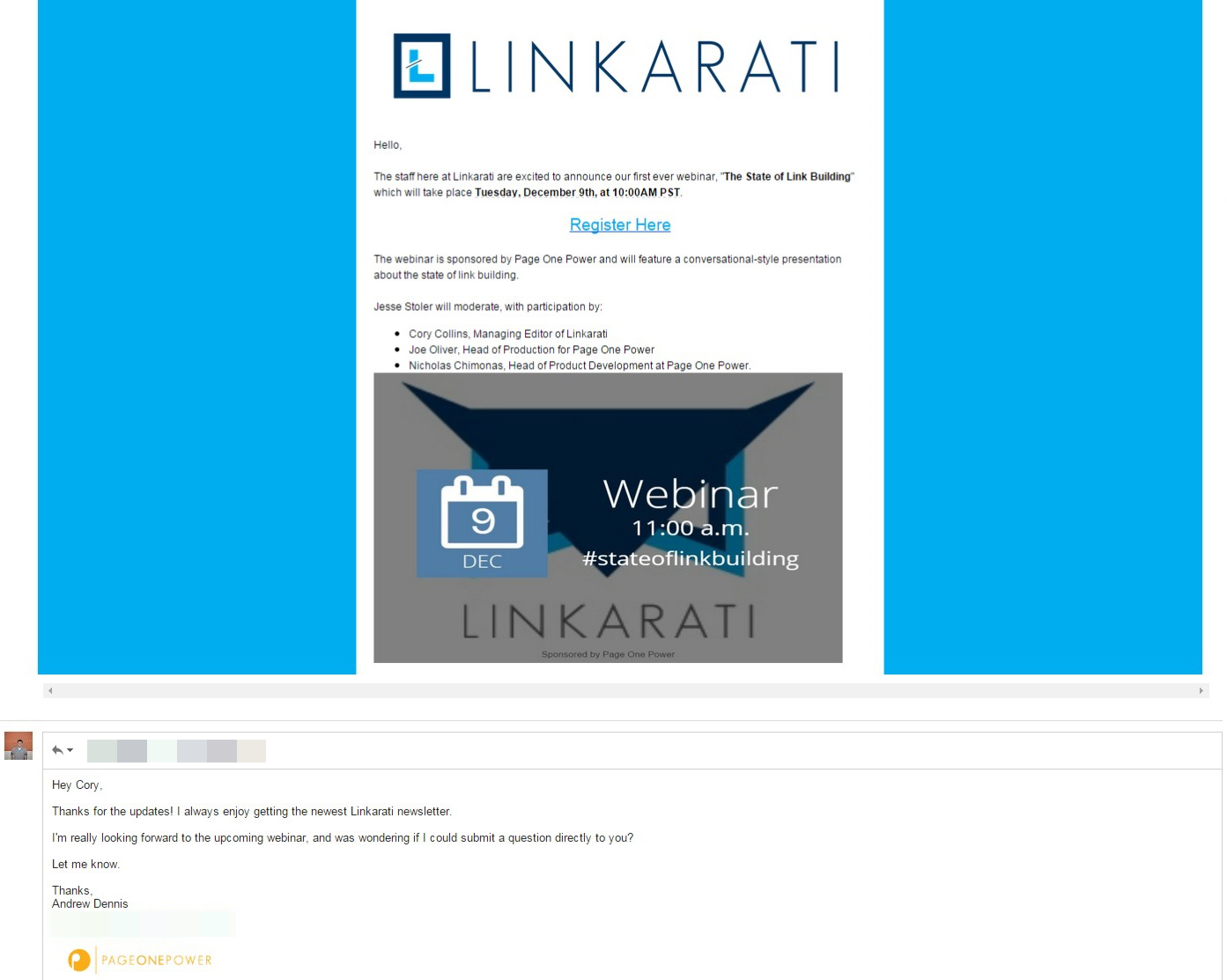Building relationships is fundamental to online marketing. This remains true even in a niche practice such as link building.
You greatly increase your chances of success if you build relationships with people before you contact them about a link.
Link building, at its most basic, is simply contacting a webmaster, notifying them that your site has something valuable/interesting, and then convincing them that linking to your site would benefit them, their site, or their audience. Otherwise known as link outreach.
Outreach sets the table for your entire campaign, and you will likely struggle to build links if you can’t communicate persuasively. However, you can certainly make matters easier for yourself if you work to build a relationship with the person you are trying to persuade, prior to attempting to convince them to link to you. Of course, building these relationships also provides benefits far beyond increasing your odds for success during outreach.
Links Are Endorsements
Online, links represent endorsements or editorial votes from one website to another.
When a website links to you, they are indicating to their audience they trust and endorse your site. Because a site won’t want to damage their users’ trust, they aren’t going to link out irresponsibly or without just cause (not if they have a real, and engaged audience anyway). In order for a webmaster to link to your site, they need a reason.
In order to acquire an endorsement (link) from a legitimate website, you need to earn that webmaster’s trust. Because you are dealing with real human beings you will have a much easier time earning trust if the person knows who you are or is familiar with your site/brand.
As with most marketing strategies, the process of relationship marketing begins with research.
Do Your Research
First things first, do your research when attempting to apply relationship marketing to your outreach.
Before you do anything, you need to ensure you have identified the appropriate person to contact.
Many sites will have more than one person listed on their contact page, particularly if it’s a site that represents a business with multiple departments. If this is the case, find the person responsible for the specific section of the site you hope to obtain a link from. If you can’t find anyone explicitly in charge of the section you’re targeting it’s typically best to simply contact the webmaster or person responsible for website management.
As an example, let’s pretend I am targeting Linkarati for a potential guest post opportunity, or maybe I want to suggest a resource for their Link Building Resources Page.
As we look at Linkarati’s homepage, the first place we might look to find the person we want to send our outreach to could be the “Contributors” page:
However, after quickly glancing at this page it looks like it would be difficult to disceren any meaningful relationships these people might have with the site.
Going back to the homepage, we see another page worth checking – “Meet the Team”.
After clicking on “Meet the Team”, we’re taken to this page:
Looking at this page I can quickly see that Cory Collins is the Managing Editor, and likely in charge of adding content to the site.
Now that I have identified Cory as the Managing Editor, I can begin to strategize how I will foster a positive relationship with him.
Finding the person who actually adds your link to the target site will increase your chances of successfully acquiring a link because you can interact with them directly.
Also, you want to make sure you have the appropriate person because building a relationship with this person will take time and effort.
Building Relationships Before Outreach
Cultivating relationships with people throughout the industry you’re working in has a variety of advantages. This applies to link building as well.
People are much more likely to respond positively to your link outreach if they already know who you are. Links are built on trust, and people tend to trust folks they know more than complete strangers.
In order to familiarize yourself with the person you will be outreaching to, there are a number of viable strategies you can utilize to build a meaningful relationship. These strategies include:
- Comment on their blog posts
- Interact with them in social channels (Follow, Retweet, +1, Favorite, etc.)
- Join and engage within communities/forums where they’re active
- Share their content on social media
- Sign-up for their newsletter/RSS feed
Comment on their Blog Posts
If you’re reaching out to a blog owner, you should be reading their work anyway as it will give you a better idea of this person’s interests and philosophies. While you’re reading these posts, take some time to leave a thoughtful comment to get your name in front of them and potentially engage with them directly.
Using our previous Linkarati example, I could leave a comment on one of Cory’s posts that I found particularly interesting. In order to find one of Cory’s posts, I start by looking at the Linkarati homepage, and immediately see multiple posts written by him:
If you don’t see any posts by the person you’re looking for right away, check to see if the site has a search function. Enter the name of the author you’re looking for into the search box and it should filter your results to only the articles written by that person.
Here is what it looks like on Linkarati when I search for Cory’s name:
Here is an example of what an engaging comment might look like:
As a writer myself, I can personally attest that bloggers enjoy receiving comments on their posts. When I get a comment on a post I’ve written, it validates my work by indicating that people are actually reading what I write!
Interact with them in Social Channels
Social media offers a unique platform to engage with people on a very personal level. Take advantage of the opportunities offered by social media and interact with the person you plan to contact by following them and favoriting, +1ing, and retweeting the content they share, depending on platform.
However, make sure you are actually engaging with the person and not simply spamming them with favorites – send a composed tweet to them occasionally to show you are human and not just a robot.
Again, an example of what this might look like would be:
Join and Engage Within Communities/Forums Where They’re Active
You should be approaching your link building from a relevancy first perspective, which means you and the person you plan to contact will have some common interests. Find where these interests intersect online in the form of forums or online communities. In fact, it’s likely the site you’re working on will already be involved in some of these communities and it might simply be a matter of checking if this person is too.
Digital marketing best practices dictate you regularly engage in these online communities anyway, but doing so can be a great way to put yourself in front of the site owner you’re trying to build a relationship with. Even better if you can engage directly with this person, possibly answering a question they might pose within one of these communities.
Using our Linkarati example I could check out what Google+ communities Cory belongs to. First Looking at Cory’s Google+ stream I can see that he not only active in the “Link Builders” community, but he also a Moderator:
It’s safe to say that the Link Builders community would provide some great opportunities to engage with Cory.
Share Their Content on Social Media
This strategy is pretty straightforward, but shouldn’t be overlooked. Similar to blog commenting, sharing a person’s content is personal and caters to their ego. However, keep in mind you have your own reputation at stake here, and you don’t want to simply share content to get noticed.
Find something the person you want to contact has written that truly provides value or resonates with your own feelings or beliefs. For example:
Sign-up for Their Newsletter
Many sites will offer a newsletter that gives you further access to their content. Not only will this give you the chance to better familiarize yourself with an author, but it also provides another opportunity to engage that author personally.
If the person you plan to outreach to is responsible for the newsletter, you can respond to their newsletter email with questions or comments about the content it contains. For real engagement you will need to offer something thoughtful, far beyond simply saying “Great content!”, perhaps offering a different perspective on one of the topics they wrote about.
With our Linkarati example, a potential email you could send might look something like this:
Of course building these relationships prior to outreach will help increase your chances of acquiring a link, but there are numerous other benefits to be had beyond outreach.
Benefits Beyond Outreach
Fostering positive relationships can certainly help with link outreach, but these relationships also provide meaningful business value.
The relationships you build throughout your outreach process can lead to fruitful partnerships that offer multiple benefits, including:
- Increased social amplification
- Collaborative project/content opportunities
- Co-promotional efforts
- Co-sponsored events – webinars, podcasts, contests, etc.
Don’t forget the relationship you build through link outreach can often extend far beyond simply obtaining a worthwhile link.
TL;DR
Relationships are an essential part of link building, and specifically outreach. You greatly increase your chances of acquiring a link from someone when you cultivate a relationship with them ahead of time.
Some ways to build relationships with target contacts prior to asking for a link include:
- Comment on their blog posts
- Interact with them in social channels (Follow, Retweet, +1, Favorite, etc.)
- Join and engage within communities/forums they participate in
- Share their content on social media
- Sign-up for their newsletter/RSS feed

